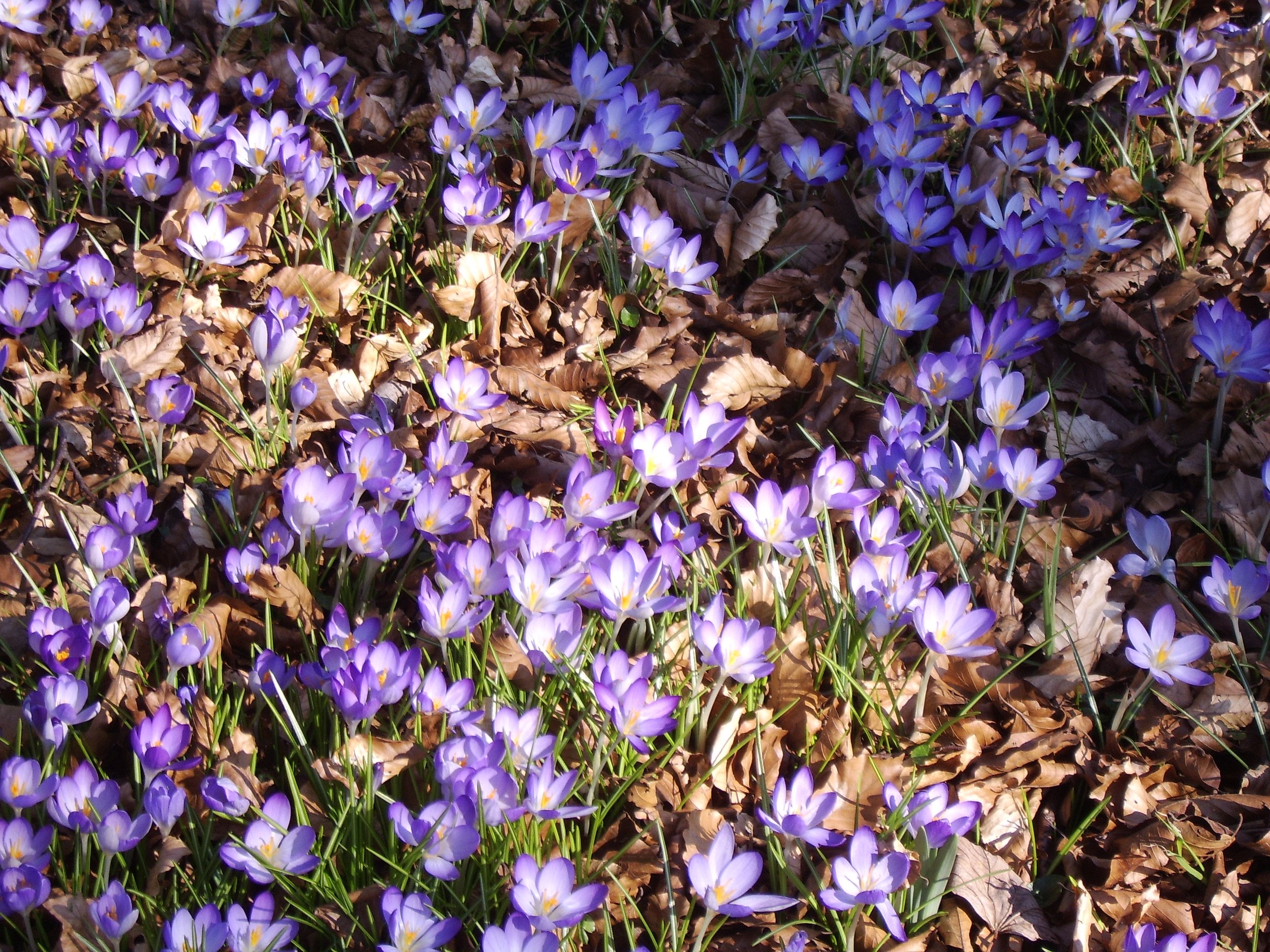If you have healing to do—and after the last few years, I’d say we all have some healing to do—help your healing along by adding a daily dose of poetry. I don’t want to take anything away from poetry as an art form, but poetry is also powerful medicine.
So much of trauma and grief can feel wordless. Indeed, trauma can actually keep the words away from memory. The impact of trauma can divert blood flow from the parts of our brain that processes language rendering our traumatic experiences into a silent, foggy story that has no edges or anything to grab on to. And traumas can lack language because they simply feel unspeakable. And yet the ability to attach words and a story to our traumatic experiences allow us to take in and integrate our own history—and it allows us to share our story and have it witnessed.
As the poet Adrienne Rich[i] says, “…words are purposes./The words are maps.” But words aren’t so easy to come by when you are healing. There are so many moments of healing where what you are trying to convey doesn’t feel like it matches the words you are trying to use. You get coached to use ‘feeling words’ as you try to talk about your history but the feeling words just don’t feel right—they don’t fit—traumatic emotions are so big. They are filled with electricity. And feeling words can feel too small to hold those big emotions. Sadness. Anger. Even rage and terror. You can say the words and try to connect them to your story but something falls flat inside you. If you can’t feel connected to your story with words, it can be hard to imagine that someone else can either.
But poetry isn’t just words. It’s strings of words that have a melody and meaning that are deeper and wider than the words themselves. Poetry forms its own language of interconnections and constellations. Poetry can somehow act as a sort of gossamer skein of threads or sutures that can knit connections between head, heart and history. Poetry can weave whole new cloth or pick up old dropped stitches.
I was lucky enough to be given poems by my therapist when I couldn’t find words of my own. The poems were like echoes of the language I needed, glimpses of a story, and a reminder that when our heart hurts, there can be real beauty. These gifts of poems served as language tapes, as a rope of connection and handholds and footholds as I found my way forward. Hundreds of poems over years formed the soil I came to plant my future in. Books of poems. Whole poems. Tapes of poetry read aloud.
But really, you don’t even need the whole poem. You can just pick one line. One good line of poetry has the power to take you from feeling you don’t have what it takes to heal, to believing, as Wendell Berry[ii] says, ‘what we need is here.’ To giving you the freedom to find language, to tell your story as best you can, or to ‘tell it slant’ as Emily Dickinson[iii] encourages. And lest you think it is all dark, and depth and seriousness—I relied heavily on Billy Collins[iv] instructions about poetry ‘to waterski on the surface’ and to remember not to beat a confession out of it to ‘find out what it really means.’ The healing from poetry is a tender green shoot. You have to hold it lightly.
I believe one day we will come to understand poetry the way we now understand the science of how trees connect and communicate with each other through fungi in the soil using a ‘mycorrhizal network’ that connects the roots of trees to each other to form communities of forests and mountainsides. There is something bigger in poetry than meets the eye or ear.
Which makes me wish there was a prescription pad for poetry. A daily dose that a friend could read you out loud or send you in a text. It’s a medicine that has no negative side effects, except, perhaps, for heartache. The good kind of heartache-- where you feel the grief of feeling yourself whole--feeling yourself connected to a larger humanity who has endured. Finally being able to say out loud—'this is what it felt like to be me at that moment.’
Poems belong to the poet, but I believe you are free to borrow their words until you can grow words of your own. You can weave their words to mend the holes in your heart. You can clip yourself on to the fixed ropes of their imagery while you make your way across the deep chasms of your history, balancing precariously on rickety ladder bridges. And in this era where so many of us have experienced isolation for so many reasons, you can sit in the company of another soul who allows you to be present to yourself—so that at some future time, you can be present for others.
© 2021 Gretchen L. Schmelzer, PhD
Support Poets:
[i] Rich, A. (1973), Diving into the Wreck, Diving into the Wreck: Poems 1971-1972. NY: Norton
[ii] Berry, W. (1987). The Wild Geese From Collected Poems, 1957-1982, North Point Press,
[iii] Dickenson, E. (1999). The Poems of Emily Dickinson: Reading Edition, edited by Ralph W. Franklin, Cambridge, Mass.: The Belknap Press of Harvard University Press.
[iv] Collins, B. (2001). Introduction to Poetry. Sailing Alone Around the Room. NY: Random House.




